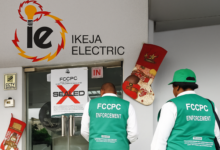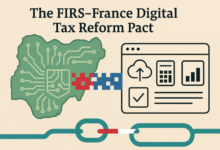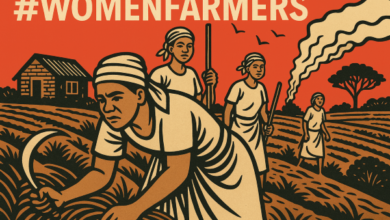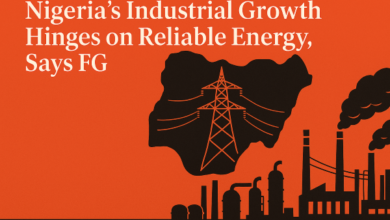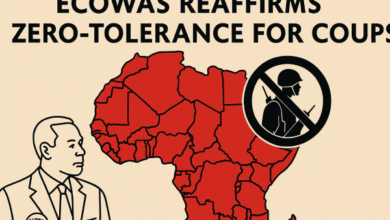How Tinubu surpassed 2025 Non-Oil Revenue target

For decades, Nigeria’s fiscal story has been written in crude oil. Now, under President Bola Ahmed Tinubu, that script is changing. The President says Nigeria is experiencing “unprecedented growth in non-oil revenues”, stabilising the economy and reducing the country’s dependence on borrowing.
Speaking at the Presidential Villa while receiving members of The Buhari Organisation (TBO), Tinubu announced that the federal government has already met its annual revenue target as early as August 2025, a milestone credited to aggressive reforms in compliance, tax digitisation, and fiscal discipline.
“Today, Nigeria is not borrowing. We met our revenue target in August. The economy has stabilised, exchange rates are finding balance, and confidence is returning,” Tinubu declared.
The Numbers Tell the Story
According to Presidency figures, ₦20.59 trillion was collected between January and August 2025, representing a 40.5% jump from the same period last year.
- Non-oil revenues: ₦15.69 trillion (74% of total collections)
- Oil revenues: ₦4.9 trillion (26%, still pressured by weak global crude prices)
- FAAC allocations: Surpassed ₦2 trillion in July — the first time in Nigeria’s history
The administration attributes the shift not to oil price luck but to systemic reforms: digitised filing, Customs automation, stricter enforcement, and wider compliance.

Political Economy Shift
Nigeria’s fiscal foundation is pivoting away from oil rents. For the first time in decades, three out of every four naira in government coffers comes from non-oil sources.
While analysts hail this as a landmark in economic diversification, they warn that higher collections must translate into real relief for households still battling inflation, rising food prices, and weak purchasing power.
Tinubu himself acknowledged this balance:
“The priority is translating numbers into real relief — putting food on the table, creating jobs, and investing in schools, hospitals, and infrastructure.”
Agriculture and Food Sovereignty
Tinubu tied the fiscal turnaround to his Renewed Hope Agenda, particularly in agriculture.
- Mechanised farming centres are being rolled out across regions
- Training schemes target youths for modern agribusiness
- Food sovereignty is positioned as a pillar to defeat poverty and hunger
Politics of Revenue
The meeting with TBO also had political undertones. Led by Tanko Al-Makura, the group pledged unconditional support for Tinubu’s 2027 re-election ambition. The President in turn promised to honour his late ally, Muhammadu Buhari, by building a “Buhari House” as a symbol of their partnership.
The Critics’ Lens
Despite the upbeat fiscal picture, sceptics raise critical questions:
- Is the growth sustainable? Much of the rise stems from enforcement and FX revaluation, not new export capacity.
- Are Nigerians feeling it? Inflation still erodes incomes, with little relief on the streets.
- What next? Without deeper structural reforms — especially in exports and industrialisation — the fiscal playbook may not deliver long-term prosperity.
BRANDECONOMY Takeaway
Nigeria’s fiscal playbook is being rewritten in real time. Oil no longer holds the pen; taxes, compliance, and digitisation now drive the narrative. The real test, however, lies beyond the revenue ledger — in whether these record collections will finally fund better schools, functional hospitals, thriving farms, and visible jobs for millions of Nigerians.




